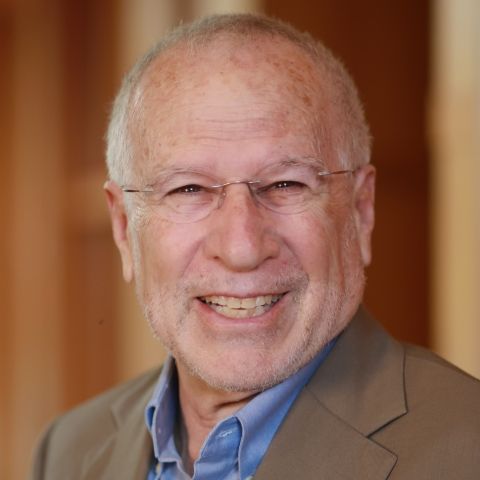
This essay, written for a forthcoming Oxford University Press volume edited by Geoffrey Stone and Lee Bollinger, probes Oliver Wendell Holmes’s almost offhand statement in Frohwerk v. United States, 249 U.S. 204 (1919), that “the First Amendment... cannot have been intended... to give immunity for every possible use of language.” Although Holmes may not have seen the difference between this conclusion and the clear and present danger idea he offered contemporaneously in Schenck v. United States and Debs v. United States, in fact it may be the first hint of the now-important distinction between the coverage of the First Amendment and the protection it offers for covered speech. In observing that the First Amendment does not even apply to a vast range of linguistic behavior, Holmes provides the opportunity not only to recover Frohwerk’s importance in the pantheon of 1919 free speech cases, but also to explore the continuing relevance and importance of understanding that much – perhaps even most – linguistic behavior does not implicate the First Amendment at all, and thus does not trigger any form of heightened scrutiny.